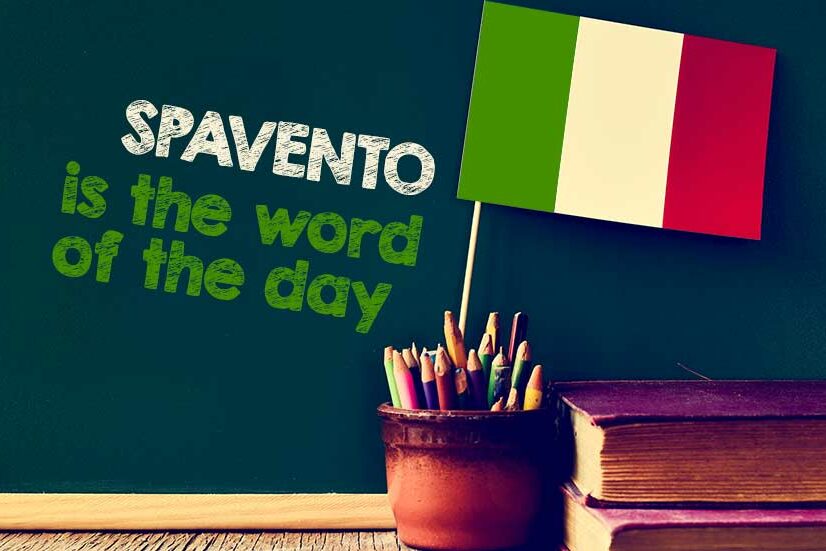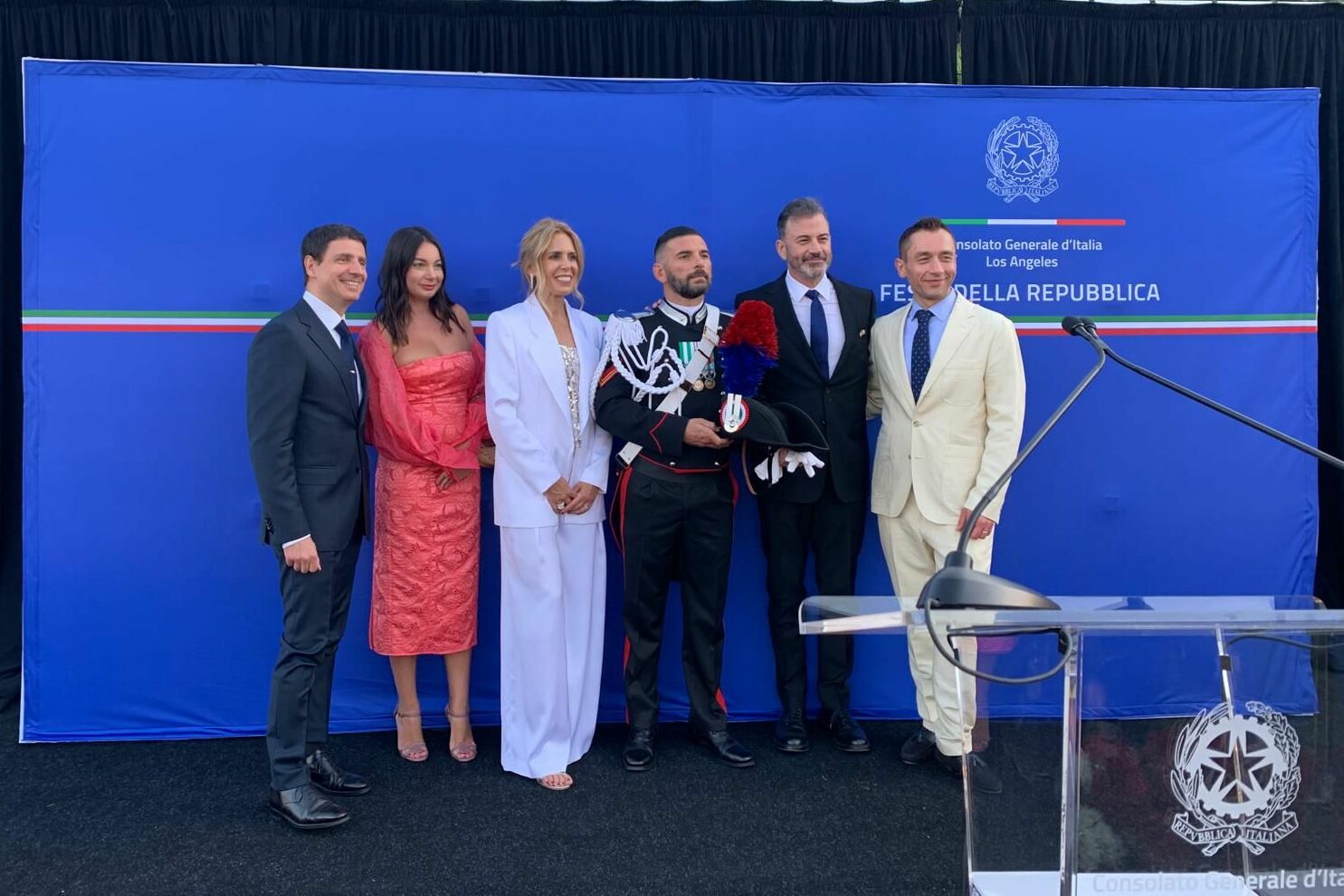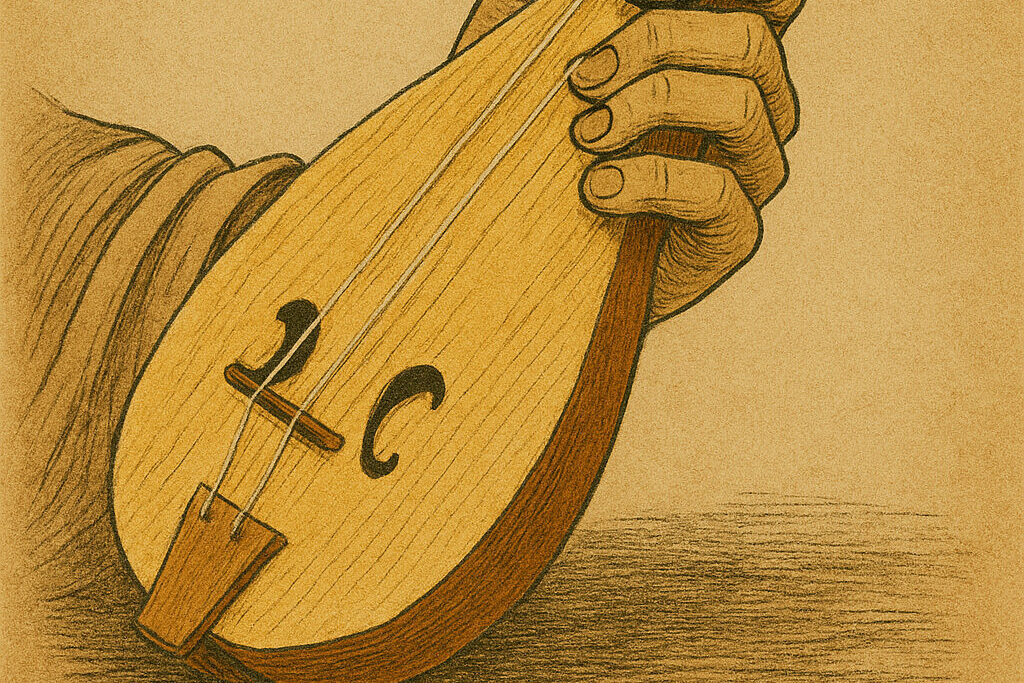“L’italiano è più di una lingua, è un modo di vivere e di pensare. Riuscite ad immaginare un mondo senza l’italiano? Noi no.”
When I read this powerful quote by Dante Alighieri, my thoughts were drawn to the numerous disciplines reflected in the Italian language. Italian is more than a language; it is a way of living and of thinking. Can you imagine a world without the Italian language?
According to the newspaper Il Corriere della Sera, Italian is preceded by English, French, and Spanish as the forth most studied language in the world. Studying Italian opens the door to art, history, literature, food, music, fashion, design, cinema, diplomacy, and international business. In the history of Italian pedagogy in North America, students and instructors can be overwhelmed by the breadth of information.
What about textbooks that focus on Italy’s economy and business?
Un Buon Affare: Italian for Business, by Giuseppe Tassone is the publication students of business have long desired. Published by Focus Publishing /R. Pullins Co., Un Buon Affare is a communicative and a versatile textbook designed for intermediate to advanced Italian courses that prepare American students to speak and participate in the world of Italian business.
Un Buon Affare innovatively walks its audience through the world of Italian business, putting information into context, and challenging students to discover little known aspects of Italian culture. Tassone dedicates a portion of the book to the political and administrative nature of Italy, while focusing on its’ relationship with the European Union and the euro.
Tassone discusses the Italian brand as a synonym of glamour, elegance, and style all over the world. He explores factors such as design, products, companies, and international trade.
Tassone also tackles a difficult subject for Italians, employment. Students learn that in Italy, a resume is called a curriculum vitae and how a job interview is approached. The purpose is for the student to discover the contrast between American and Italian culture in the workplace.
The final chapter is dedicated to a story of Italian success: Luxottica, one of the most important worldwide companies in fine eyewear.
A cinephile at heart, Tassone includes a relevant film at the conclusion of each chapter.
When asked what inspired him to write Un Buon Affare he said that being the recipient of the Business Language Grant in 2009 from the UW – Global Business Center was the beginning. After he created a module, which was presented at the 2010 ACFTL conference in Boston, his desire was to establish something innovative and available in the Italian pedagogy.
Originally from Gioiosa Ionica, Reggio Calabria, Giuseppe Tassone is an academic sincerely involved and devoted to his profession. In addition to being a lecturer at the University of Washington and Seattle University, he is currently the director of the Italian Language Program of the Dante Alighieri Society of Washington, a society that promotes Italian culture and language around the world since 1998.
His passion to spread the language of Belpaese is evident in the coordination of the language classes of the Dante Alighieri Society. Open to the community from October to June, the school is located on the campus of Seattle University. In addition, Tassone is the coordinator for the language proficiency test Progetto Lingua Italiana Dante Alighieri (PLIDA) issued by the Società Dante Alighieri in Rome and recognized by the Italian Ministry of Education, Ministry of Foreign Affairs, Ministry of Labor, and the University La Sapienza. Tassone is a member of ACFTL and the American Association of Teachers of Italian.
For Italian Instructors and students who are studying Italian, Un Buon Affare: Italian for Business is the textbook for the next quarter: a challenging and engaging manual of Italian practice, a true “good bargain,” and if you study Italian, you already understand the double meaning!




























